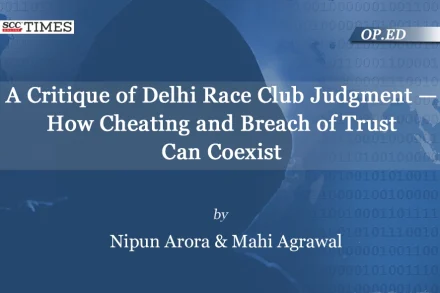
A Critique of Delhi Race Club Judgment — How Cheating and Breach of Trust Can Coexist
by Nipun Arora* and Mahi Agrawal**

by Nipun Arora* and Mahi Agrawal**
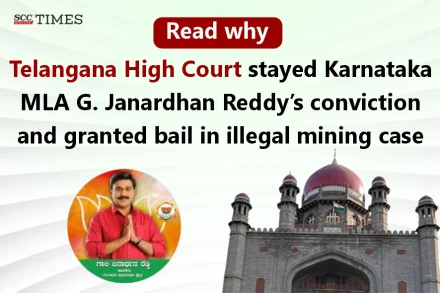
This Court has the power to suspend the sentence and conviction and grant bail to the petitioner after recording reasons and this Court, being the appellate court, has to consider irreversible consequences.

Counsel for the respondent stated that a total amount of Rs 95,00,000 has been paid to the witnesses/complainants by the applicant.
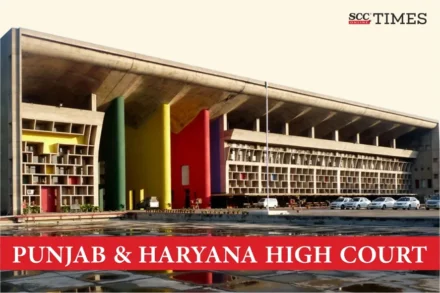
The Constitutional Court can exercise its constitutional powers in transferring investigation from State investigating agency to any other investigating agency, including CBI, only in rare and exceptional cases.

The applicant did not approach the Court with clean hands which is the sine qua non, in an application for pre-arrest bail and the complaint has merit for which the applicant may have to be interrogated for effective and appropriate investigation as the law would mandate.

Respondent 3 was fully aware of the bond of matrimony existing between her and the petitioner after the civil registration of their marriage and consciously decided to engage in consensual sexual interactions. So, it cannot be said that her consent for sexual relationship is vitiated by a promise to marry based on religious customs.
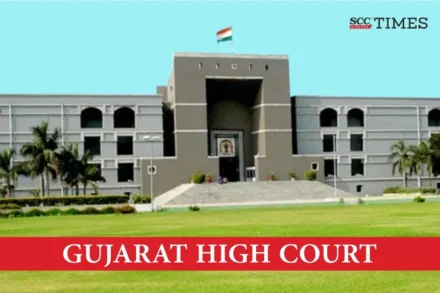
“The incomplete and hazy facts coming from the record indicates that further investigation is required in the matter.”

“Merely by asserting that the accused has made a wrong gain without demonstrating the corresponding wrongful loss or deception suffered by a specific victim does not suffice to attract the offence of cheating under the IPC.”
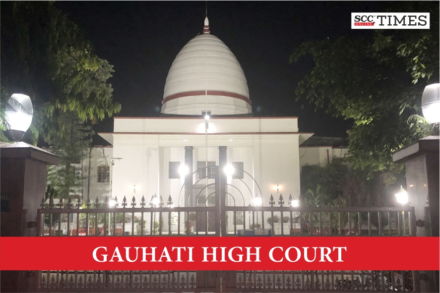
“The act of breach of trust involves a civil wrong, in which an aggrieved person may seek redressal for damages in Civil Court, but a breach of trust with mens rea gives rise to criminal prosecution.”
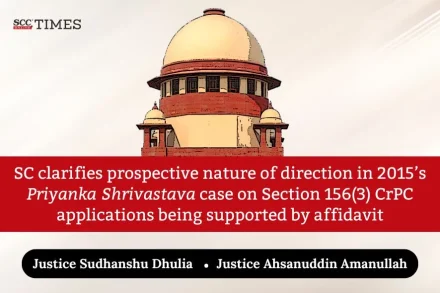
“The judgment of the Court will always be retrospective in nature unless the judgment itself specifically states that the judgment will operate prospectively”.
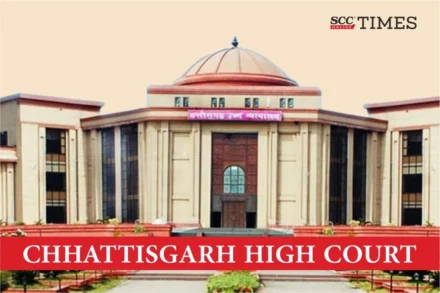
“Despite repeated warnings people were indulging in such allurements and becoming easy targets for touts.”

“Investigation cannot be permitted to linger on for years, keeping the investors in the lurch, not knowing what is the outcome of the case.”
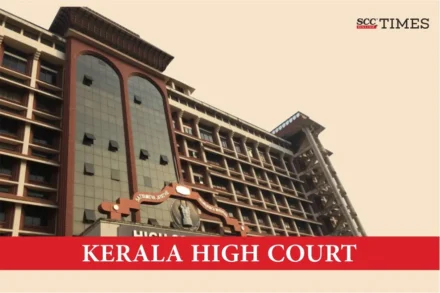
“Under Section 173(1) of BNSS, the police cannot refuse to register an FIR on the ground of “not having territorial jurisdiction” over the offence for the reason that some part of the offence was committed outside the local jurisdiction of that concerned police station.”
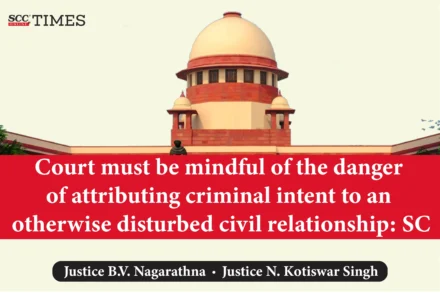
The Court further observed that there is a worrying trend that consensual relationships going on for prolonged period, upon turning sour, have been sought to be criminalised by invoking criminal jurisprudence.
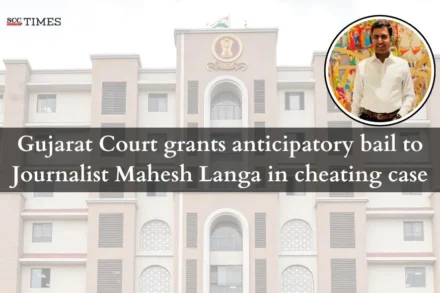
Mahesh Langa is a senior journalist who is working for The Hindu as the Joint Editor. He is currently embroiled in controversy regarding an alleged GST fraud case.

“Each promise of marriage would not be considered as a fact of misconception for the purpose of consensual sexual intercourse unless it is established that such promise of marriage was a false promise of marriage on the part of the accused since the beginning of such a relationship.”
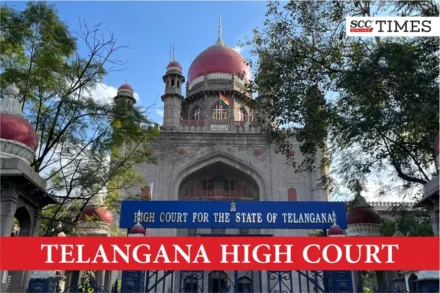
It was stated that to attract Section 420 of the Penal Code, 1860, the accused must cheat and dishonestly induce the victim to deliver any property to any person or make, alter, or destroy a part of valuable property.
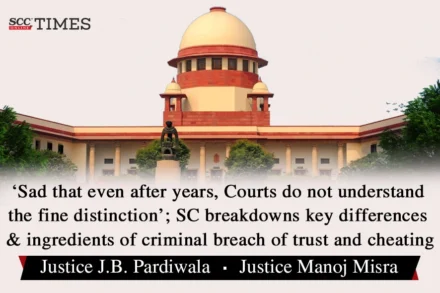
“For cheating, criminal intention is necessary at the time of making a false or misleading representation i.e., since inception. In criminal breach of trust, mere proof of entrustment is sufficient. Thus, in case of criminal breach of trust, the offender is lawfully entrusted with the property, and he dishonestly misappropriated the same. Whereas, in cheating, the offender fraudulently or dishonestly induces a person by deceiving him to deliver any property.”

Credibility of Indians in UAE and of others who seek loans from banks can be prejudicially affected if such alleged frauds are permitted to be perpetrated by the citizens of this country, and when criminal proceedings are initiated, they are quashed without even being investigated”

Allahabad High Court opined that marriage between the appellant and respondent as per Hindu rites and customs in terms of Section 7 of the HMA 1955 itself is not proved and the Trial Court has gravely erred in not considering this aspect of the matter which was implicit in the issues framed by it.